Who Should Receive the Herpes Zoster Vaccine?
Each year, nearly one million people in the United States are diagnosed with herpes zoster, more commonly known as shingles. Many of those patients are at least 50-years-old.
Until recently, the Advisory Committee on Immunization Practices had recommended immunocompetent patients aged 60 and older receive the zoster vaccine live.
Zoster vaccine live has been shown to reduce infections and postherpetic neuralgia. However, vaccine protection weakens among patients older than 70, and there appears to be limited clinical efficacy five years after patients received the vaccine.
The ACIP changed its recommendation in 2018, instead suggesting patients over 50 receive the recombinant adjuvanted zoster vaccine, which is a two-dose vaccine series.
Research published in the American Academy of Physician Assistants notes that while there have been no clinical trials directly comparing recombinant zoster vaccine and zoster vaccine live, trials using the recombinant vaccine have shown higher efficacy rates.
One trial showed the recombinant vaccine prevented herpes zoster in 96.6% of patients aged 50 to 59, compared with 97.4% of patients in their 60s, and 91.3% of patients 70 and older.
Adverse reactions were more common in the recombinant zoster vaccine trials compared with the zoster vaccine live trials. In the recombinant vaccine trials, 8 out of 10 patients experienced an adverse reaction lasting 2 to 3 days on average.
The most commonly reported adverse events included pain, redness, and swelling. One out of 6 patients reported symptoms that prevented them from performing their regular daily activities.
“Overall, systemic reactions were reported more frequently after the second dose, but no such differences were found with local reactions,” the authors said. “Adverse reactions did not prevent most patients from receiving the second injection. The CDC suggests that patients take over-the-counter ibuprofen or acetaminophen for adverse reactions.”
Both the recombinant and the live vaccine are recommended for patients taking low-dose immunosuppressive therapies, with the authors noting two previous trials allowed patients to take low-dose corticosteroids. However, those studies excluded patients with other immunosuppressive or immunodeficient conditions.
Zoster vaccine live has previously been contraindicated for immunosuppressed or immunodeficient patients “because of the risk of disseminated varicella zoster, including fatal outcomes,” the authors said.
References:
Short, M., Fergus, C. Which patients should receive the herpes zoster vaccine?. American Academy of Physician Assistants. doi:10.1097/01.JAA.0000578788.69674.2b
Images: Getty ImagesCredit:
By Adam Hochron and Steve Oteri

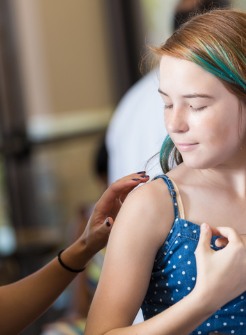

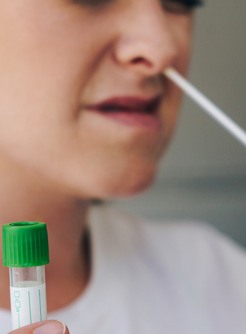
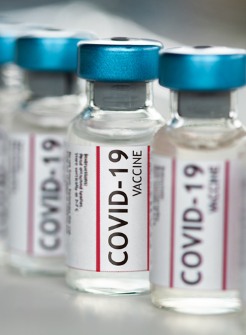

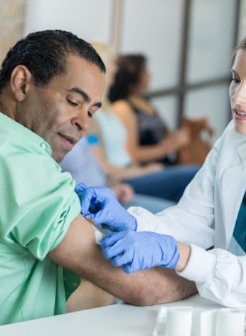
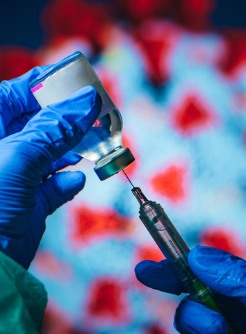
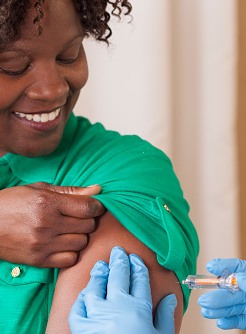

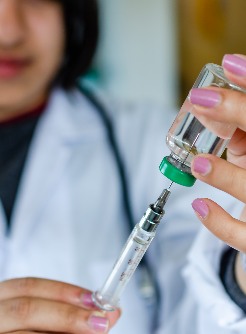
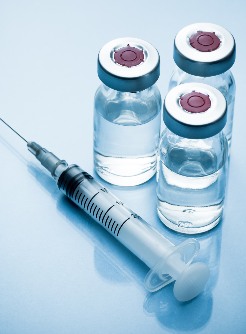

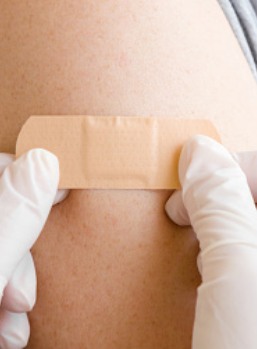


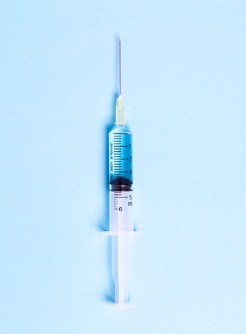
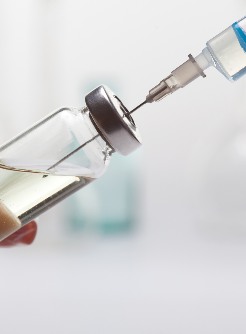
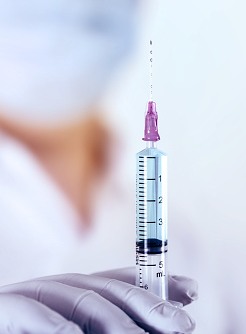
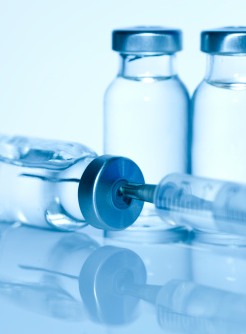

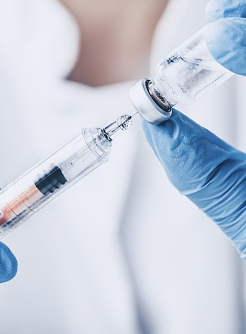
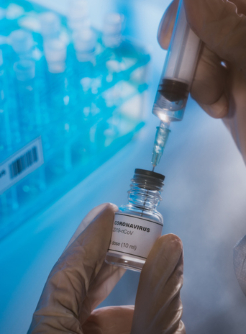
.jpg)
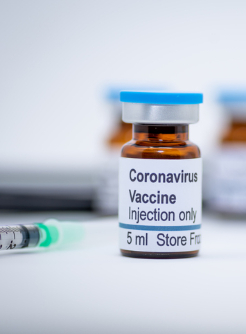

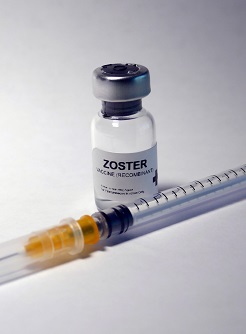
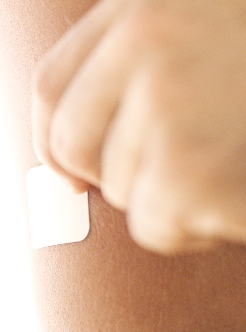
.jpg)
.jpg)
.jpg)